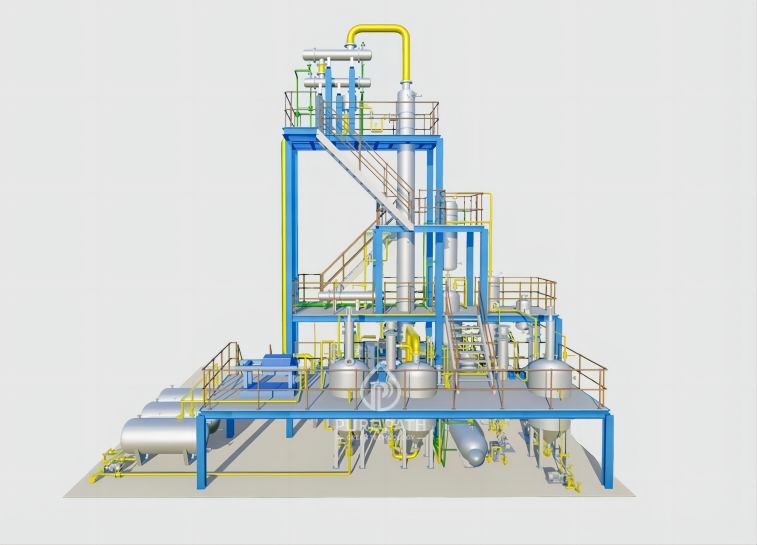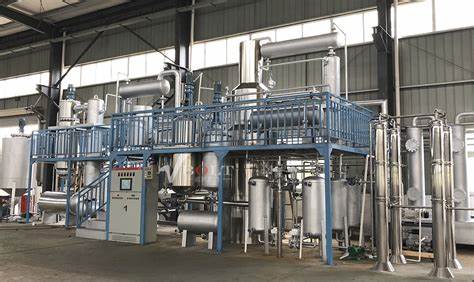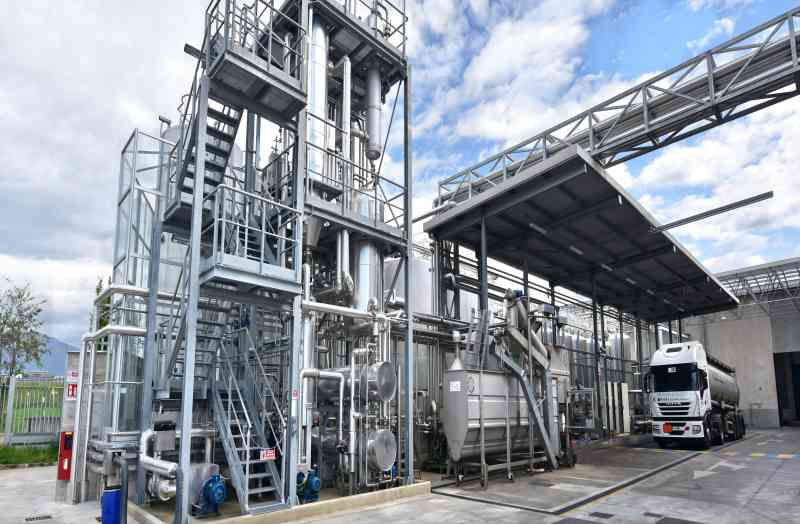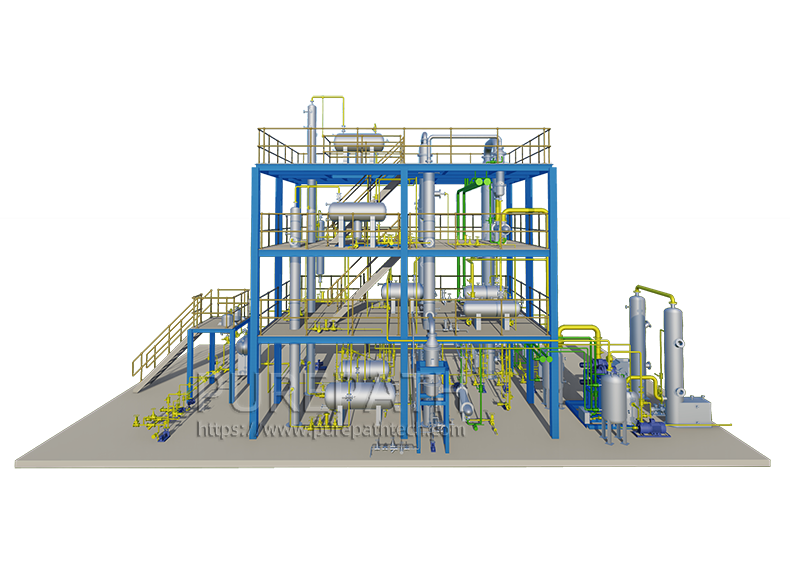Solvent Extraction-Based Technologies for Used Engine Oil Recycling
Used engine oil is a major waste product generated by the automotive industry. It is estimated that over 1 billion liters of used engine oil are generated worldwide each year. Improper disposal of used engine oil can have a significant negative impact on the environment, as it can contaminate soil and water resources.
Solvent extraction is a promising technology for the recycling of used engine oil. It can produce high-quality base oil that can be used to make new lubricants. Solvent extraction is a process in which a solvent is used to dissolve the base oil in the used engine oil while leaving the contaminants behind. The solvent is then separated from the base oil and reused.
This article provides a review of solvent extraction technology for used engine oil recycling. It discusses the benefits and challenges of solvent extraction, as well as the design and operation of solvent extraction plants.

Benefits of Solvent Extraction for Used Engine Oil Recycling
Solvent extraction has a number of benefits for used engine oil recycling, including:
- High recovery rate of base oil: Solvent extraction can recover up to 95% of the base oil in used engine oil.
- Ability to produce high-quality base oil: The base oil produced by solvent extraction is comparable in quality to virgin base oil.
- Versatility in terms of the types of used engine oil that can be recycled: Solvent extraction can be used to recycle a wide variety of used engine oils, including automotive engine oil, industrial engine oil, and marine engine oil.
- Relatively low environmental impact: Solvent extraction is a relatively environmentally friendly process. The main environmental concerns are associated with the use of solvents and the disposal of hazardous waste.
Challenges of Solvent Extraction for Used Engine Oil Recycling
Despite its benefits, solvent extraction also has some challenges, including:
- High capital and operating costs: Solvent extraction plants are expensive to build and operate.
- Safety hazards associated with the use of solvents: Some solvents, such as toluene, are toxic and flammable.
- Disposal of hazardous waste: The solvent extraction process generates hazardous waste, such as solvent residues and contaminated sludge. This waste must be disposed of properly.
Design and Operation of Solvent Extraction Plants
Solvent extraction plants for used engine oil recycling typically consist of the following components:
- Pretreatment unit: The pretreatment unit removes impurities, such as water, dirt, and metal particles, from the used engine oil. This may involve filtration, centrifugation, or other methods.
- Mixing unit: The mixing unit mixes the pretreated used engine oil with a solvent. The solvent dissolves the base oil in the used engine oil while leaving the contaminants behind.
- Separation unit: The separation unit separates the mixture of used engine oil and solvent into two phases: a base oil phase and a solvent phase. This can be done using a variety of methods, such as gravity separation, centrifugal separation, or liquid-liquid extraction.
- Solvent recovery unit: The solvent recovery unit distills the solvent phase to recover the solvent. The recovered solvent can then be reused in the extraction process.
- Base oil purification unit: The base oil purification unit removes any remaining contaminants from the base oil phase. This may involve distillation, filtration, or other methods.

Safety Considerations
Solvent extraction plants for used engine oil recycling must be designed and operated safely to minimize the risk of accidents and environmental releases. The following are some important safety considerations:
- The plant should be well-ventilated to prevent the accumulation of solvent vapors.
- All electrical equipment should be properly grounded to prevent sparking.
- Solvent transfer lines and storage tanks should be properly labeled and equipped with safety devices, such as pressure relief valves and rupture disks.
- Personnel working in the plant should be trained on the safe handling of solvents and the operation of the plant equipment.
Environmental Considerations
Solvent extraction plants for used engine oil recycling must also be operated in an environmentally responsible manner. The following are some important environmental considerations:
- The plant should be designed to minimize the emission of solvent vapors to the atmosphere.
- The plant should have a wastewater treatment system to remove contaminants from the wastewater before it is discharged to the environment.
- The hazardous waste generated from the plant should be disposed of properly at a licensed hazardous waste disposal facility.

Conclusion
Solvent extraction is a promising technology for the recycling of used engine oil. It can produce high-quality base oil that can be used to make new lubricants. However, it is important to carefully consider the costs and benefits of solvent extraction before implementing it on a commercial scale. Solvent extraction plants must also be designed and operated safely and in an environmentally responsible manner.







